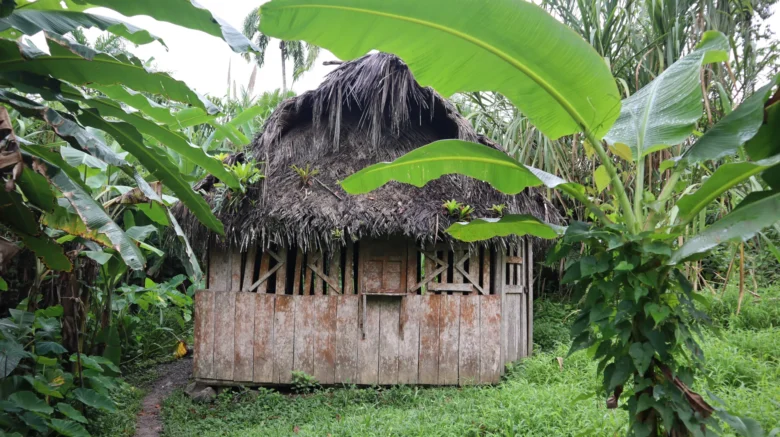Any negotiation with the Ngäbe and Buglé Indigenous peoples over Panama’s Fourth Transmission Line must comply with Panamanian and international law
CIEL Press Release
November 24, 2021
Last Wednesday, Panama’s state-owned Electrical Transmission Company (ETESA) announced that it had reached an agreement with certain Indigenous authorities to allow Panama’s Fourth Electrical Transmission Line to cross the territory of the Ngäbe and Buglé Indigenous peoples. This engagement falls far short of what is necessary to meet Panama’s obligations to ensure the rights of all affected Indigenous communities, including their right to give or withhold free, prior, and informed consent (FPIC), which is protected under both national and international law.
In response to ETESA’s announcement regarding the Fourth Transmission Line Project, Feliciano Santos, Coordinator of the Movement for the Defense of the Territories and Ecosystems of Bocas del Toro (MODETEAB), stated:
We are deeply concerned that the Panamanian State has allowed ETESA to negotiate an agreement of this magnitude with authorities that lack legitimacy because the period for which they were elected has already ended. Even during their lawfully established term, they represented just one of the multiple regions of the Ngäbe, Buglé, and Campesinos Comarca.
We confirm that this process of supposed negotiation with the Ngäbe and Buglé peoples has been carried out in contravention of the Organic Charter of the Ngäbe-Buglé Comarca, of Law 10 of 1997, which established the Comarca, and of Law 37 of 2016, which recognized our right to free, prior, and informed consent. In particular, we emphasize that the Indigenous communities that live outside the Ngäbe, Buglé, and Campesinos Comarca have not been invited to participate in consultation processes for the Fourth Line at any time, despite the fact that the project is expected to have serious consequences for our communities, our ancestral territories, and the natural environment that we have protected and that has sustained us for generations.
It is unacceptable that the Panamanian State would allow a company to enter our Indigenous territories and seek agreements that do not comply with our laws in order to take advantage of our land and plunder its resources, just as in the days of colonization.
Sarah Dorman, an attorney with the Center for International Environmental Law (CIEL), emphasized:
Under the standards of international law, Panama has an obligation to consult and cooperate in good faith with Indigenous peoples in order to obtain their free and informed consent before approving any project that affects their lands, territories, or resources. In addition, at the beginning of this year, the Panamanian State made a commitment before the United Nations Human Rights Council to improve the participation and prior consultation of Indigenous peoples in decision-making processes. For its part, ETESA has also committed to complying with these international standards, including by carrying out processes of consultation and free, prior, and informed consent, both with the Indigenous communities that live inside the Comarca and with those that live outside of it.
Panama still has time to translate these commitments into action, which it can do by listening to the concerns of each of the affected Indigenous communities and making all necessary efforts to address these concerns before moving forward with the Fourth Line project.
Note for editors:
If constructed, Panama’s Fourth Electrical Transmission Line would extend for hundreds of kilometers along the country’s Atlantic coast, crossing not only the Ño Kribo region of the Comarca Ngäbe, Buglé, and Campesinos, but also other regions and territories that have been home to the Ngäbe and Buglé peoples for millennia. Among the Indigenous communities that would potentially be affected by the Fourth Line are those that live in the áreas anexas of the Comarca in Bocas del Toro, as well as those that live outside the Comarca in the region of Northern Santa Fe, who continue to demand official recognition by the Panamanian State.
